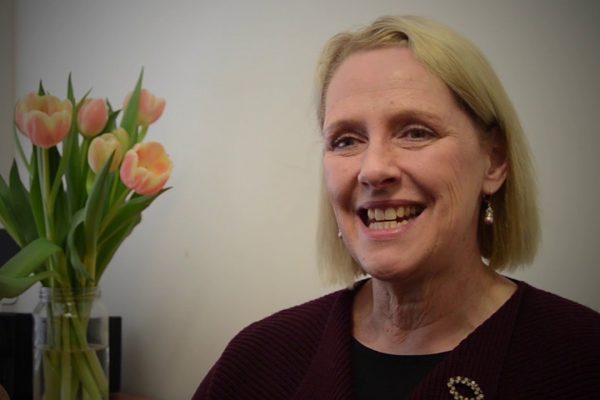Human Trafficking and the increased threat posed by Covid-19
World Day Against Trafficking in Persons held on 30 July
An unfortunate consequence of the global Covid-19 pandemic is the exacerbated risk of people becoming victims of human trafficking. World Day Against Trafficking in Persons was held on 30 July. The annual event, organised by the United Nations, raises awareness of and strengthens the global efforts to prevent forced labour, trafficking, and slavery-like practices.
Human trafficking is a serious crime and a violation of human rights. Victims can be any age or gender, but there is a disproportionate number of women and girls. People are trafficked for a range of purposes, including the use of force, fraud, or coercion to make victims engage in labour or sexual exploitation. Factors that increase vulnerability to trafficking include poverty, violence, and discrimination.
The worsening global economic crisis caused by the pandemic has created further opportunities for abuse and exploitation of vulnerable individuals and communities, including those experiencing financial hardship and social disconnection. Many are without secure employment and accommodation, and access to social security support and public health programs.
To prevent trafficking and uphold the dignity of survivors, there needs to be continued awareness and advocacy. To learn more about human trafficking, especially in the context of Covid-19, there are a range of resources available including:
- Mercy Global Action website for articles and webinars.
- Mercy International Association publication – Inherent Dignity: An advocacy guidebook to preventing trafficking for the purpose of sexual exploitation and realizing the human rights of women and girls throughout their lives
- ACRATH – Webinar: Human Trafficking and Modern Slavery – what are the facts especially in this time of Pandemic and what would Catherine McAuley be Saying?
- I have a Voice. Trafficked women – in their own words publication by Dr Angela Reed, RSM and Marietta Latonio.
Act now – work for a culture shift at home, work and school and join a campaign to prevent trafficking:
- Fairtrade Australia for a list of slavery-free products.
- ACRATH for ways to get involved.
- Oxfam Australia’s What She Makes campaign is calling on companies to take real action to implement living wages in their supply chains.
- Catholic Education Melbourne in collaboration with ACRATH and the Archdiocese of Melbourne has developed a resource kit for creating a slavery-free school.
- ECPAT USA addresses student vulnerability to online exploitation.
Can You See Me? A song composed for ACRATH by Sr Margaret Scharf OP.




Comments
Add Comment